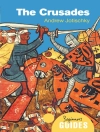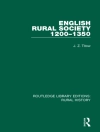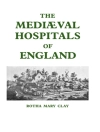This highly original book is the first in-depth study of a footsoldier of the seventeenth-century German Republic of Letters. Its subject, the polymath and schoolteacher Christian Daum, is today completely forgotten, yet left behind one of the largest private archives of any early modern European scholar. On the basis of this unique source, this book portrays schools as focal points of a whole world of Lutheran learning outside of universities and courts, as places not just of education but of intense scholarship, and examines their significance for German culture.
Multi-confessional Germany was different from Catholic France and Protestant England in that its network of small cities fostered educational and cultural competition and made possible a much larger and socially open Republic. This book allows us for the first time to understand how the Republic of Letters was constructed from below and how it was possible for individuals from relatively humble backgrounds and occupations to be at the centre of European intellectual life.
This book is aimed at other specialists as well as postgraduate students in the fields of cultural and social history, and can also serve as an introduction to recent European literature on early modern scholarship for undergraduate students.
Inhoudsopgave
Introduction
1. ‘A veritable gem’: culture, authority and education in early modern Zwickau
2. The finished scholar: convincing oneself and convincing others
3. The virtues of diversity: pedagogical innovation and contested curricula
4. The pupils: educational strategies and social mobility
5. Violent aspirations: pupils’ transgression and the spectre of university
6. Networks, patronage and exploitation: correspondence and the next generation of scholars
Conclusion: Civic communities, humanist education and the ‘Age of Enlightenment’
Appendices
Bibliography
Index
Over de auteur
William G. Naphy is Senior Lecturer in History and Head of Department at the University of Aberdeen












